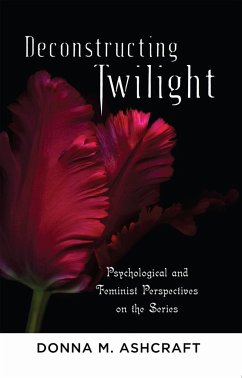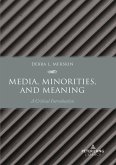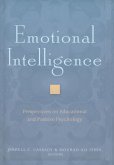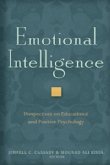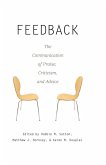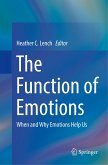Using feminist and psychological theory, Deconstructing Twilight examines the behavior, relationships, and gender roles depicted in the popular Twilight series. Using perspectives from both fans and detractors of the series, it discusses whether the character of Bella, and the series in general, is antifeminist or an example of modern feminism, and whether the relationship between Bella and Edward is healthy or maladjusted. Integrating research findings and theories in the areas of personality and social psychology, as well as scenes from the novels and surveys of readers, Deconstructing Twilight separates myth from reality regarding the series' depictions of women, men, romantic relationships, and motherhood. A social learning perspective is employed to demonstrate the effect the novels can have on gender role formation and the development of relationship scripts in young adult readers. Social psychological concepts are used to explain and integrate the discrepant views of fans and anti-fans.
Because explaining course concepts through the use of scenes and storylines from the Twilight series seizes students' interest and fosters in-depth learning, Deconstructing Twilight encourages student engagement, understanding, and learning in the areas of women's and gender studies, psychology, and interpersonal relationships. The book's interdisciplinary approach will be of use in courses on introduction to women's and gender studies, personality psychology, social psychology, psychology of adjustment, psychology of women, women in literature, abnormal psychology, intimate relationships, and cultural studies.
Because explaining course concepts through the use of scenes and storylines from the Twilight series seizes students' interest and fosters in-depth learning, Deconstructing Twilight encourages student engagement, understanding, and learning in the areas of women's and gender studies, psychology, and interpersonal relationships. The book's interdisciplinary approach will be of use in courses on introduction to women's and gender studies, personality psychology, social psychology, psychology of adjustment, psychology of women, women in literature, abnormal psychology, intimate relationships, and cultural studies.

